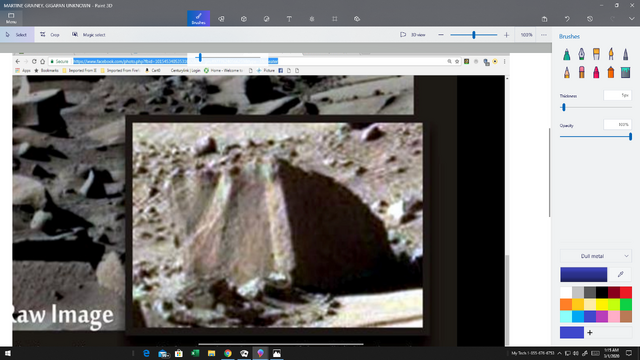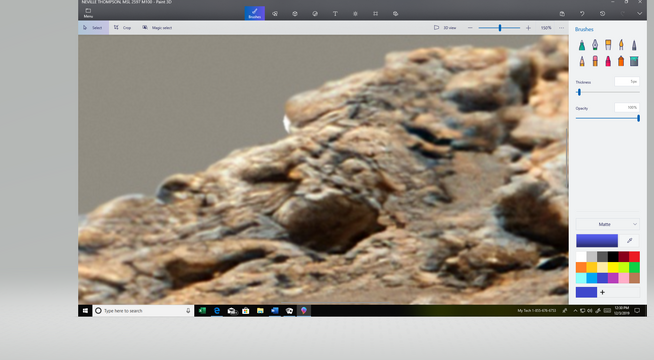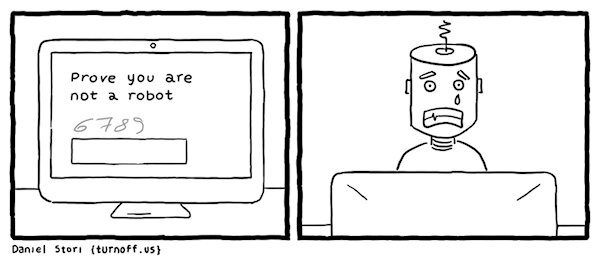. . . Perhaps this is the best way to proceed--I am not sure why "understanding" is required. And we are as much "mechanical" (but more complicated) and yet are confused about our own origins. What I am trying to make clear is that 'consciousness' can evolve itself without understanding itself through it's own basis in (and through) time and space. We are already proof. Appearances are often misleading...there is the possibility that we've already created it by accident. But if by accident then we lack the criteria to know what that has already made an impact on our own world. So I agree that we don't have an understanding--that doesn't prevent the possibility of bringing about another entity that can think for itself and suffer "existence" in the same...we've already done this for millions of years...it's called sexual reproduction
The problem is that we don't know and cannot predict what kind of 'entity' we might produce by 'catch as catch can' experiments. Why would an entirely mechanical entity "suffer 'existence' in the same [way that we do]"? It might help you to see the unpredictability of its doing so if you read this paper by Zahavi on mirror neurons that have developed in the evolution of species in our own planetary history.
"Empathy and Mirroring: Husserl and Gallese"
Dan Zahavi
Extract -- "... Gallese isn’t merely arguing that action understanding relies on mirror-resonance mechanisms. He ultimately claims that all kinds of interpersonal relations including action understanding, the attribution of intentions, and the recognition of emotions and sensations rely on automatic and unconscious embodied simulation routines (Gallese 2003a, 517). The very same neural substrate, which is activated when we execute actions or subjectively experience emotions and sensations, is also activated when we observe somebody else act or experience emotions and sensations. So, when we encounter somebody, and observe their actions, or their displayed emotions or sensations, we don’t just see them. In addition to the sensory information we receive from the other, internal representations of the body states associated with the other’s actions, emotions and sensations are evoked in us, and it is “as if” we were doing a similar action or experiencing a similar emotion or sensation. It is because of this automatic, non-predicative and non-inferential embodied simulation mechanism, it is because the activation of these neural mechanisms allows us to share actions, intentions, feelings and emotions with others, that we are able to understand others (Gallese 2001, 44-45, 2009, 527). It is against this background that Gallese defines empathy as involving a form of simulation (Gallese 2003a, 519), and argues that it allows for a direct experiential understanding of others, one that doesn’t rely on cognitive operations or conceptual reasoning (Gallese 28 et al. 2004, 396). . . ."
Empathy and Mirroring: Husserl and Gallese
ACADEMIA.EDU
Empathy and Mirroring: Husserl and Gallese
Last edited:





